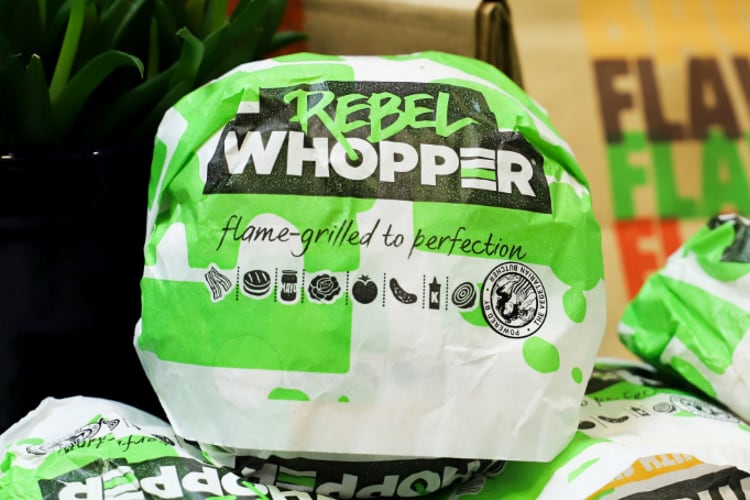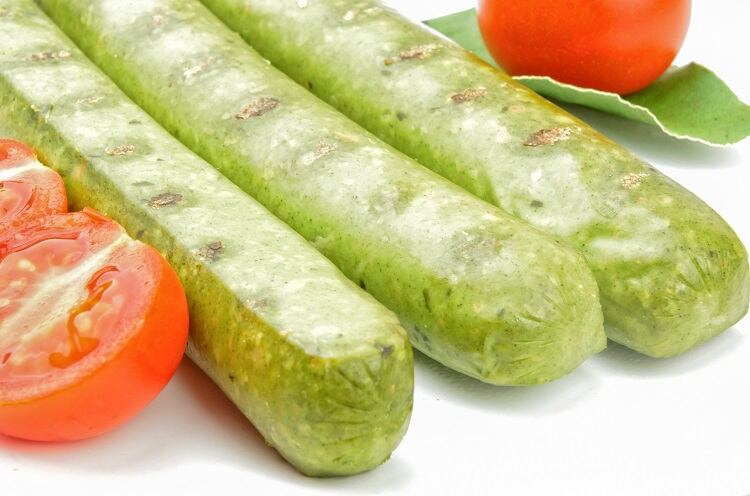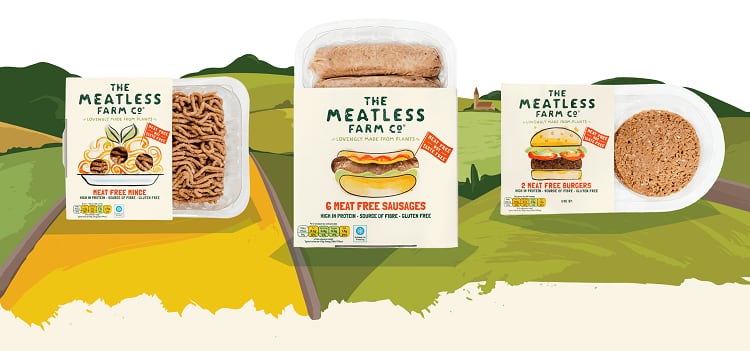Jope confirmed that the review will include the entire tea unit, which includes premium brands like T2, Pukka Herbs and household favourites like PG Tips.
Speaking on a conference call to discuss the group’s full-year results, Jope explained that Unilever is evolving its portfolio through acquisitions and disposals, notably the sale of its spreads business in 2018.
“Portfolio evolution will continue to form an important part of our strategy,” he noted, detailing the criteria that Unilever uses to evaluate its brands and business units.
“Those criteria include, for example, are the categories high growth? Are they of sufficient size? Are they unconsolidated? We should be looking for future-facing markets with strong emerging market growth potential, which are sensitive to Unilever's marketing and technology capabilities. They should also be categories where Unilever has the right to play in. By that, I mean, we've proven some existing success.”
Looking at where he sees greatest potential, Jope flagged the success of Unilever’s Prestige luxury beauty brand, which he said is ‘on track’ to deliver on the ambition of becoming a €1bn brand. Elsewhere, the chief executive said he sees potential in the overlap between Unilever’s beauty and wellness businesses.
“Overlap [is] emerging between personal care and health, wellness and personalised nutrition. In this case, we are focusing on vitamins, minerals and supplements.”
Jope contrasted these opportunities with other areas of the business, including its former spreads business and the tea unit.
“We have parts of the portfolio which are more mature. They're consolidated. They're structurally slower growing and… less sensitive to technology and marketing capability… Our tea business also falls into this camp. It has a disproportionately large footprint in black tea, which is slower growing, and also in developed markets. Tea now has a long track record of being dilutive to growth and margin.”
What does this mean for future of food?
Unilever’s food and refreshments business is lower growth than both its beauty & personal care and homecare divisions.
During fiscal 2019, food and refreshment booked underlying sales growth of 1.5%, versus 2.6% and 6.1% in beauty and homecare respectively. Volumes were down 0.2%, the company revealed.
So, does this mean other food units could be put on the block?
MainFirst analyst Alain Oberhuber suggested that the dressings business, for instance, could well fall into the same category as spreads and tea.
Jope downplayed this possibility, insisting that Unilever is able to leverage its technical expertise to create a point of difference in areas like plant-based product formulation.
“As far as dressings is concerned, actually, we believe it's got some quite different characteristics to tea. It's more technology and marketing sensitive…. We do see brighter prospects of growth in dressings as we bring that business on to trends like vegan.”
On the group's innovation priorities, the chief executive explained: "Specifically, we are investing to deliver a higher proportion of functionally superior products with more leading technology and more benefits."
The opportunity to drive growth by focusing in on the plant-based trend was also driven home by CFO Graeme Pitkethly.
Commenting on the 2019 performance, he noted: “Insights from the plant-based vegan trends in food and refreshment have resulted in on-trend innovations across the division.”
Despite what he said was ‘another tough year in Europe’ – where food sales declined, let by Germany and the UK – he outlined some bright-spots in the vegan space.
“The launch of The Vegetarian Butcher into Burger King across 25 countries in Europe is a significant win for us and offers a strong growth opportunity,” he suggested.
Unilever acquired The Vegetarian Butcher in 2018 in order to accelerate its strategy to grow in better-for-you plant-based products. The deal reflected Unilever's drive to 'modernise' its portfolio by focussing on fast-growing segments such as free-from, vegan and health and wellness. Ben & Jerry’s non-dairy vegan ice cream has now expanded to Europe while Breyers Delights, a low-calorie, high protein ice cream brand, has launched in 11 countries.




